
Loading...
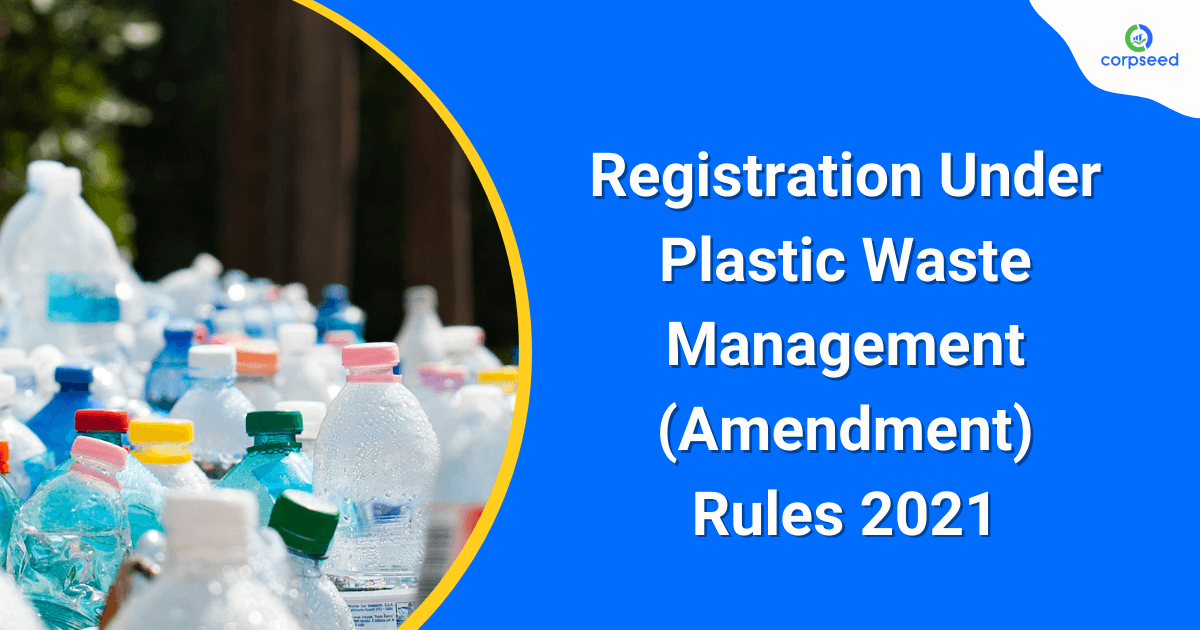
Plastic Waste Management (Amendment) Rules (PWM) 2018 as notified on 12.08.2021. These amended rules provide for minimizing and prohibiting the use of single-use plastic items, which have lower utility and pose a higher risk for the environment, by the targeted year 2022.
About the Author

Experienced Digital Marketer with a demonstrated history of working in the Internet industry. He likes to write about the latest technology trends, Skilled in Digital Marketing likes. Search Engine Optimization, SMO, SEM, PPC, Content Writing, and, Designing, etc.
Related articles
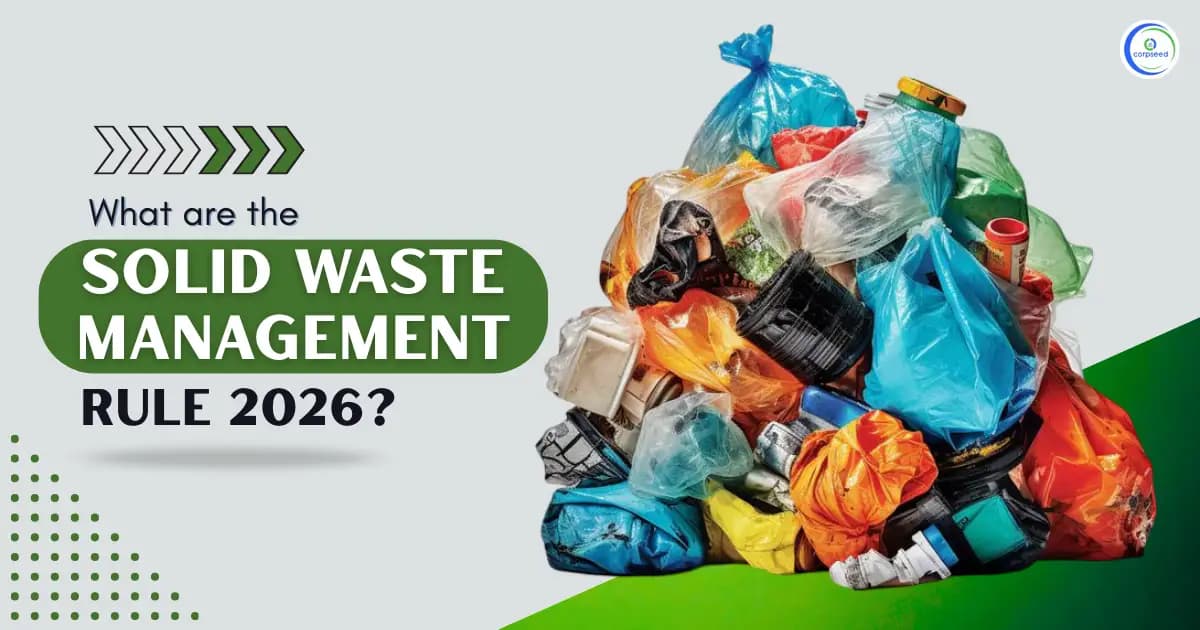
What are the Solid Waste Management Rules, 2026?
2026-02-05
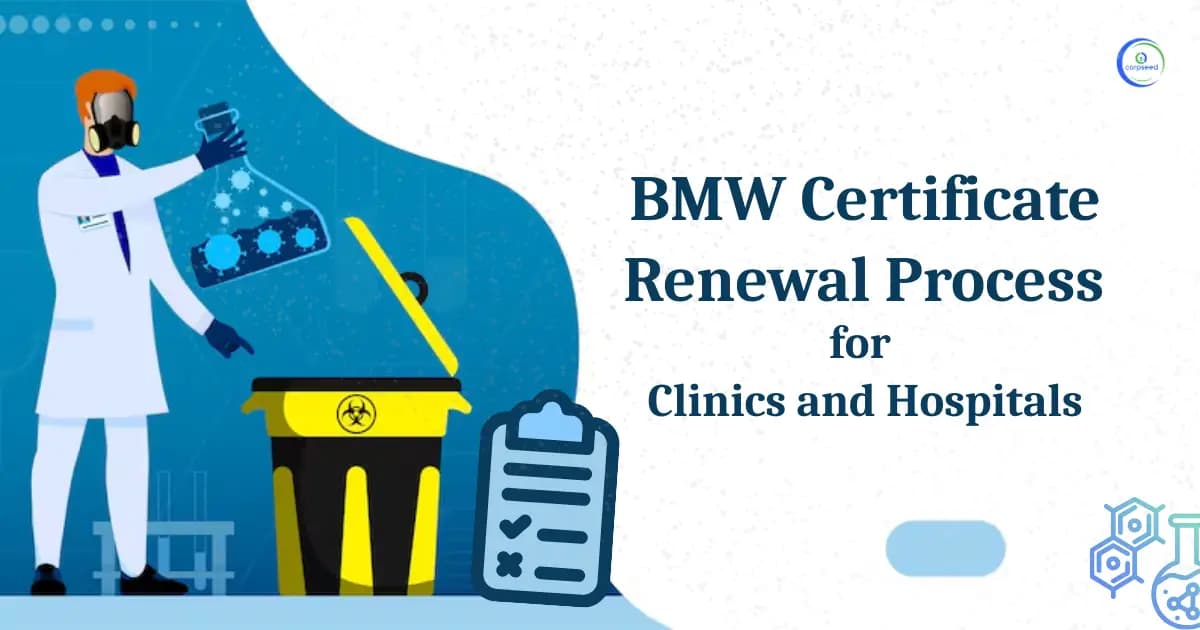
BMW Certificate Renewal Process For Clinics And Hospitals
2026-01-05
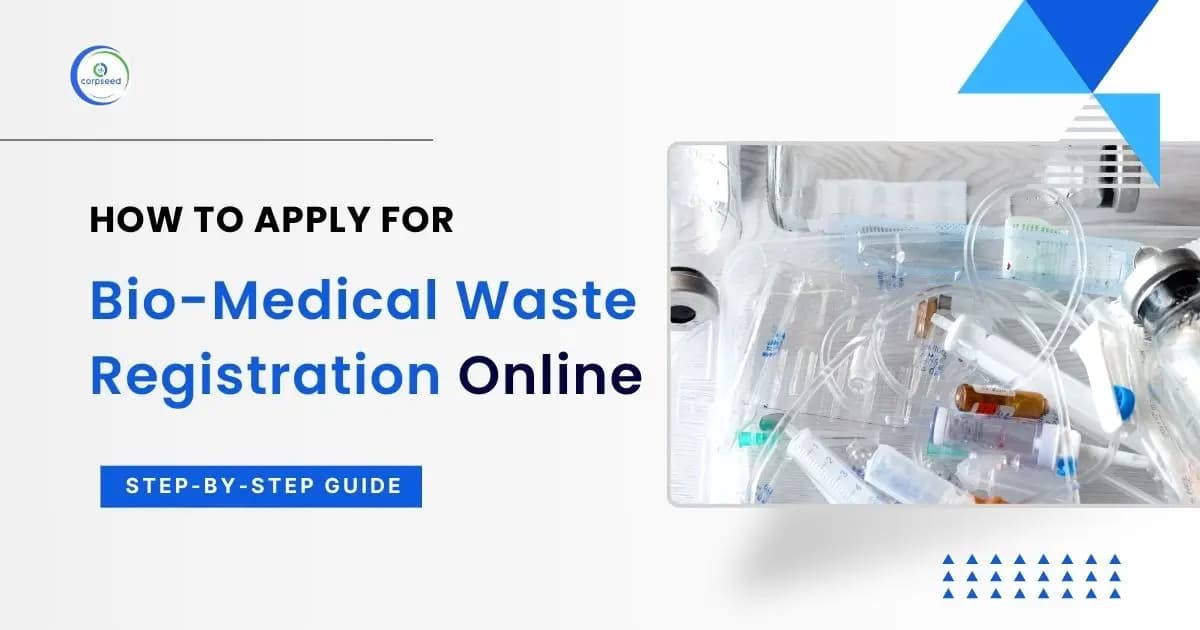
How to Apply For Bio-Medical Waste Registration Online: Step-By-Step Guide
2025-12-23
.webp&w=1536&q=75)
Hazardous Waste Authorization Annual Return: Filing, Compliance & Legal Requirements
2025-10-09
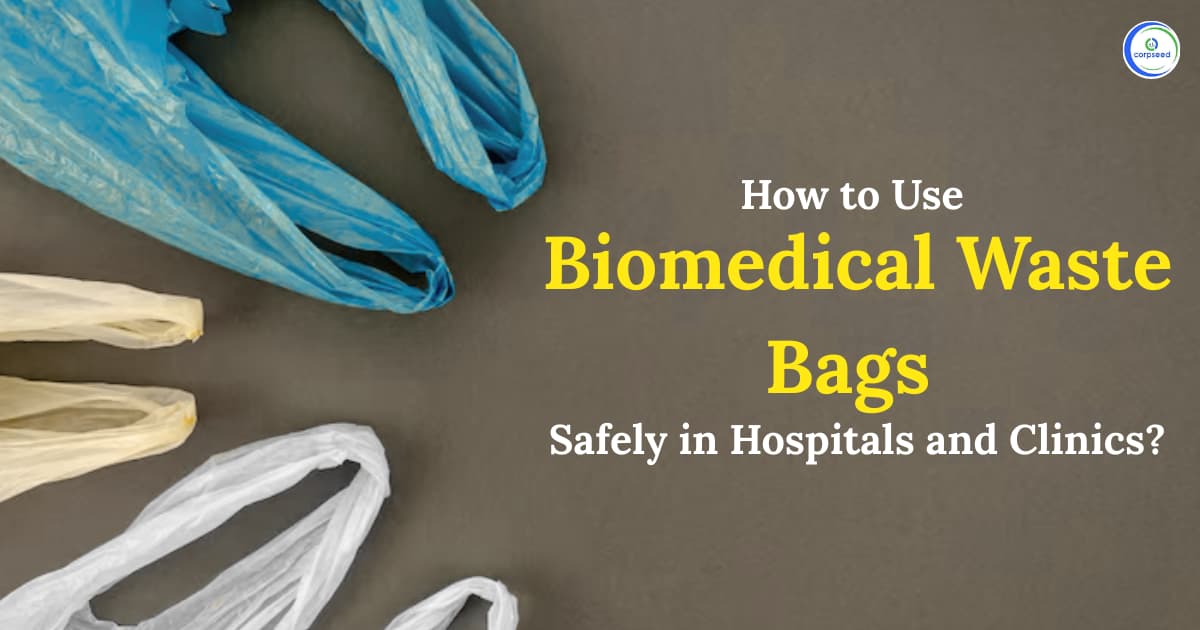
How to Use Biomedical Waste Bags Safely in Hospitals and Clinics?
2025-08-19
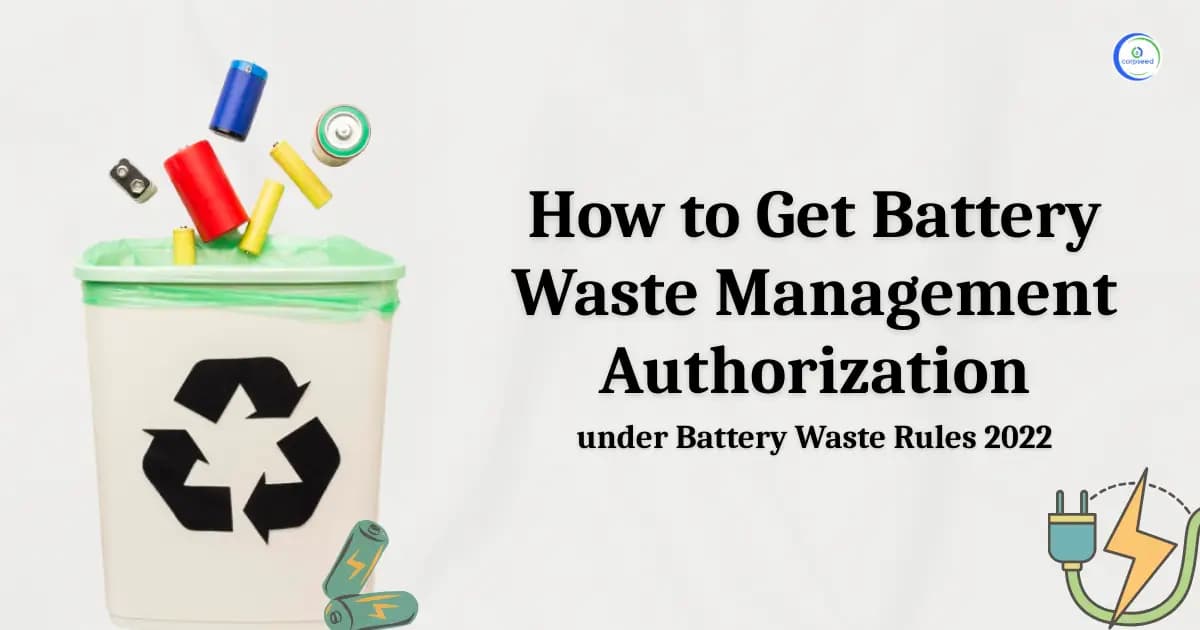
How to Get Battery Waste Management Authorization under Battery Waste Rules 2022
2025-08-14